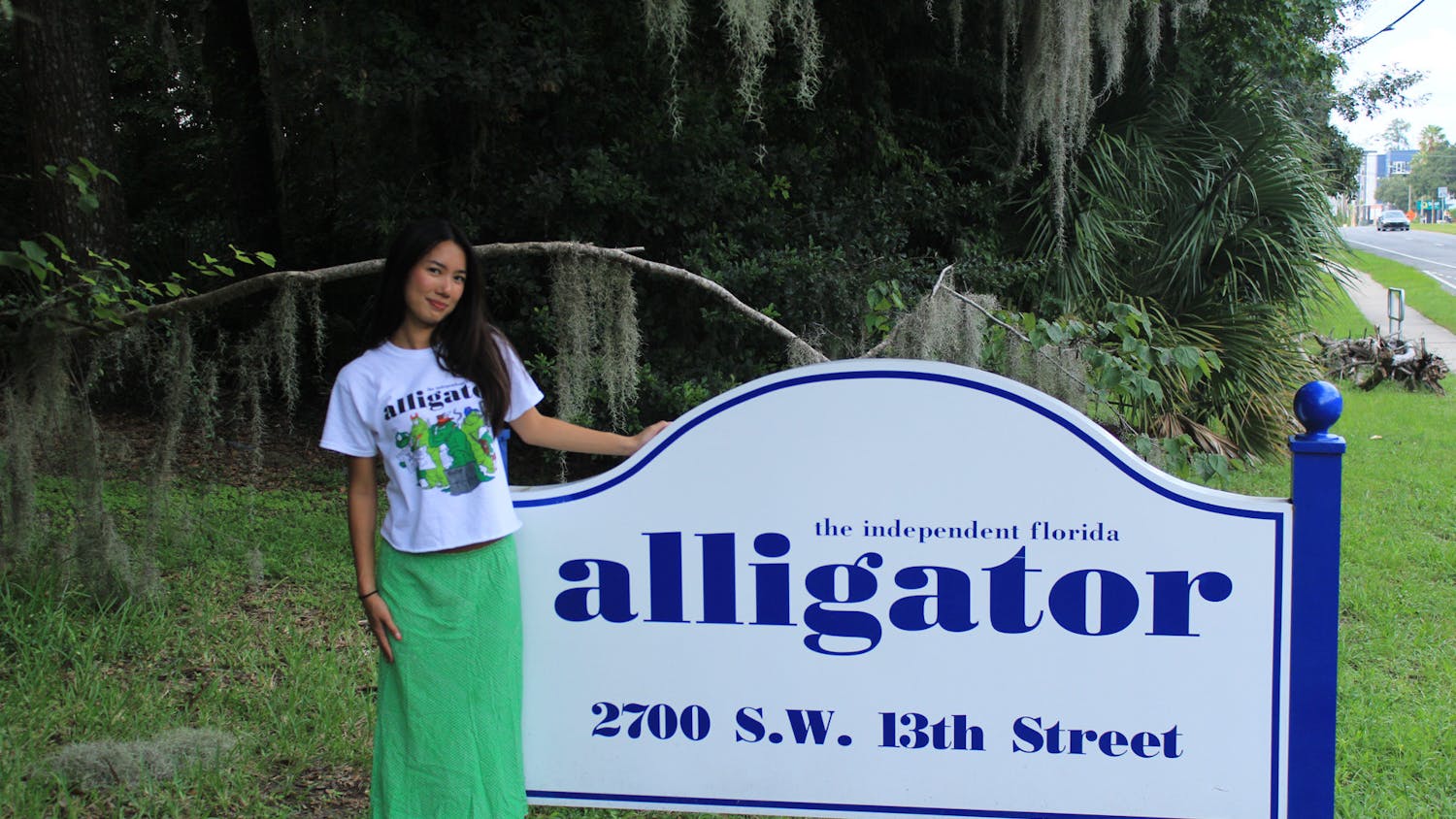"S1.5 billions dollars, nothing to lose.” This cute little mantra we just made up seems to be the prevailing attitude among millions of Americans this week, as the country collectively rushes to the nearest gas station, supermarket or liquor store to buy their way into a chance at changing their lives forever.
First things first: There IS something to lose, specifically to the tune of $2, minimum.
There’s also that little matter of one’s dignity. As reported by nearly every news source covering the story, the chances of winning the Powerball jackpot are one in 292.2 million. Provided courtesy of a somewhat cheeky piece in The Atlantic, here’s a list of unorthodox causes of death that an American has a better chance of falling victim to than winning the lottery:
Dying from an asteroid impact: 1 in 74.8 million
Dying in an earthquake: 1 in 14.7 million
Dying in a flood: 1 in 12.5 million
Getting bitten by a dog: 1 in 9.2 million
Being attacked by a shark: 1 in 1.6 million
Being struck by lightning: 1 in 1.2 million
Dying in a car accident: 1 in 37,028
Dying of gun violence: 1 in 28,153
We know what you’re thinking: Who knew that dying from a dog bite was even in the same ballpark as perishing in a flood?
Fascinating facts aside, the point is that neither you, us nor anyone we know is going to win the jackpot. And that’s fine. What isn’t fine is what the Powerball craze says about the state of American finances, priorities and culture.
It’s no secret Americans are perpetually hungry: hungry for money, hungry for fame, hungry for entertainment and, in many streets or neglected areas of the country, hungry for actual food.
Because not all Americans are afforded the same opportunities, education and insight as many of us here at UF, this shared hunger has disproportionately benefited the few. This would almost (almost!) be fine — if the rest of us weren’t getting screwed in the process.
It was very cute of President Obama to make a joke during the State of the Union address about wealthy politicians being the only people able to retire in the U.S. But when a dark joke rings so true that it generates several serious think pieces, we have bigger things to worry about than paying a premium to chase an impossible dream.
It is positively criminal that so many Americans have been reduced to placing their hopes of financial salvation in the invisible, uncaring hands of a random lottery.
Perhaps if Americans got as excited about holding politicians accountable and improving their quality of life as they did the Powerball jackpot, we wouldn’t find ourselves here. But then again, that seems as unlikely as winning the lottery.




